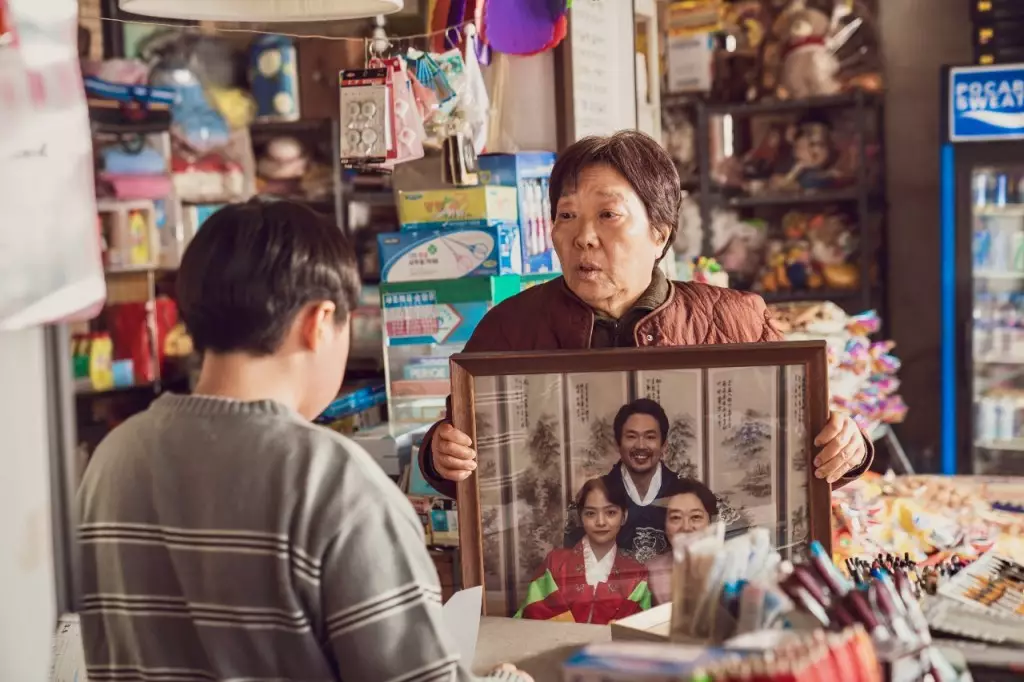The Busan International Film Festival (BIFF), held from October 2 to 11, has once again proven to be a pivotal platform that showcases diverse narratives from around the world. The festival concluded with high anticipations and accolades for films that not only highlight cultural intricacies but also stimulate critical dialogues around pressing social issues. Among the standout features this year, *The Land of Morning Calm* and *MA Cry of Silence* stole the spotlight, receiving the coveted New Currents Awards. These films encapsulate the transformative power of cinema in reflecting society’s nuanced challenges.
Korean director Park Ri-woong’s *The Land of Morning Calm* is set against the backdrop of a rural coastal community beleaguered by economic strife and societal prejudices. The film’s ability to weave complex themes such as loss, xenophobia, and economic uncertainty into its fabric is commendable. The jury, led by exiled Iranian filmmaker Mohammad Rasoulof, praised it for maintaining a coherent narrative that invites reflection while unraveling the lives of its characters. Furthermore, its recognition through multiple awards, including the KB New Currents Audience Award and the Netpac Award, underscores its resonance with both critics and audiences alike, affirming it as a defining work in contemporary cinema.
Contrarily, *MA Cry of Silence*, directed by Myanmar’s The Maw Naing, portrays a young Burmese woman’s journey from rural life to the urban chaos of a garment factory. This film stands out for its bold depiction of resistance against Myanmar’s political junta, capturing the spirit of resilience among those beleaguered by ongoing challenges. The collaborative nature of its production, involving partners from Korea, Singapore, France, Norway, and Qatar, demonstrates the importance of cross-border storytelling and the shared experiences that bind diverse societies.
Meanwhile, the second iteration of the Kim Jiseok Awards spotlighted more seasoned filmmakers like Rima Das and Tom Lin Shu Yu, whose works continue to enrich cinema with profound narratives. Das’ *Village Rockstars 2* was acknowledged for its poignant portrayal of a young girl’s connection with nature amidst everyday struggles. Similarly, Lin’s *Yen And Ai Lee* was celebrated for its powerful performances that delve into the complexities of mother-daughter relationships. These awards reiterate BIFF’s commitment not only to emerging talents but also to established filmmakers whose works are a testament to cinema’s evolving landscape.
The FIPRESCI Award awarded to Loeloe Hendra’s *Tale Of The Land* further enriches the festival’s reputation for honoring multifaceted storytelling. Moreover, the inaugural Documentary Audience Award for Jo Seyoung’s *K Number* underscores the significance of personal narratives, particularly those of Korean adoptees, shedding light on their varied experiences. The impressive haul of awards for *The Final Semester* highlights the festival’s support for engaging, character-driven stories that resonate with audiences.
Overall, the Busan International Film Festival continues to be a vital space for both reflection and celebration, weaving a rich tapestry of narratives that speak to the times we live in. With its dedication to fostering new voices while honoring established filmmakers, BIFF remains an essential fixture in the global cinematic landscape.
